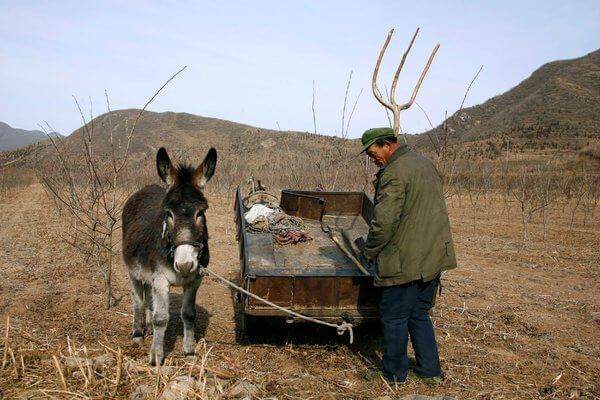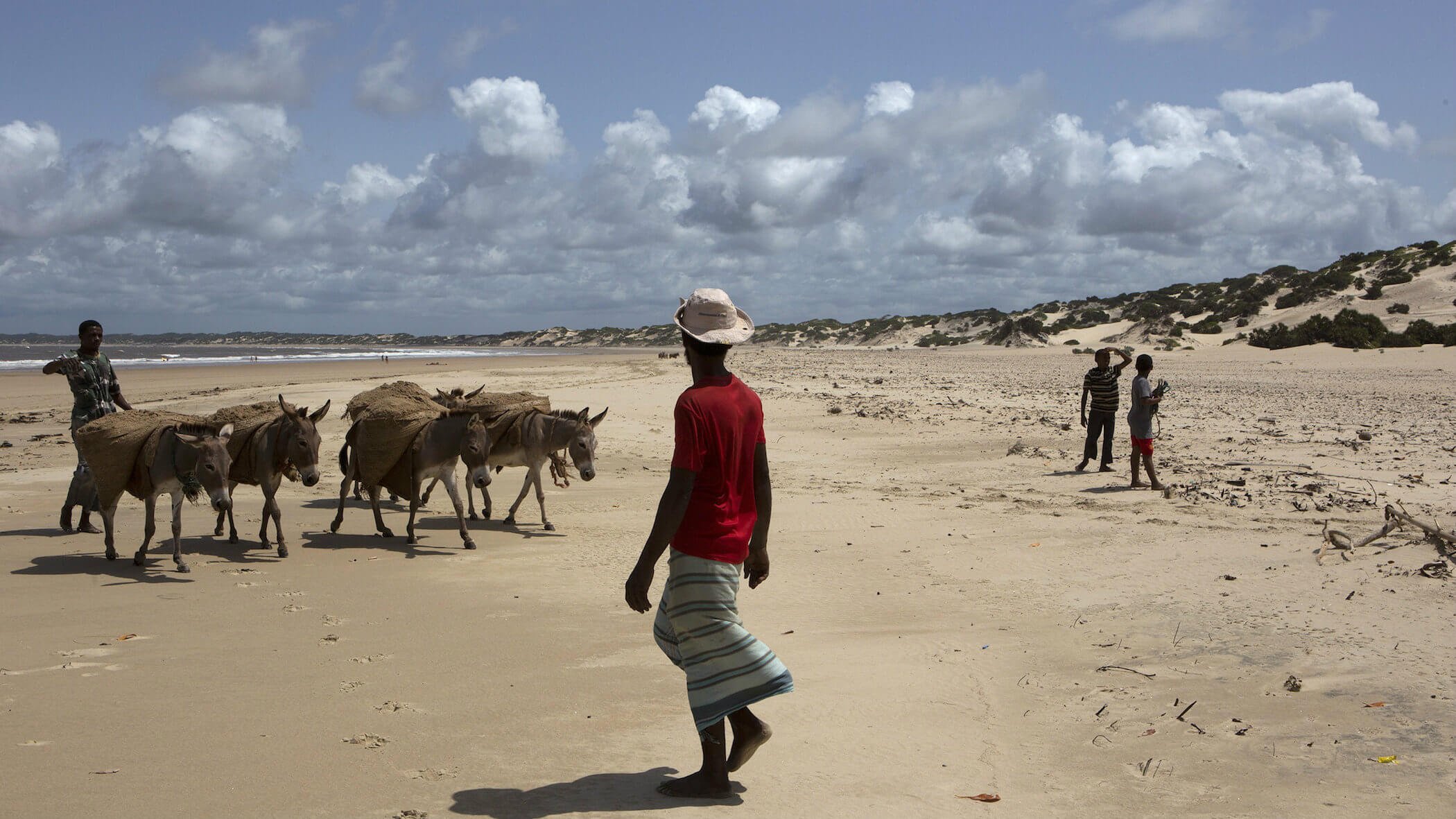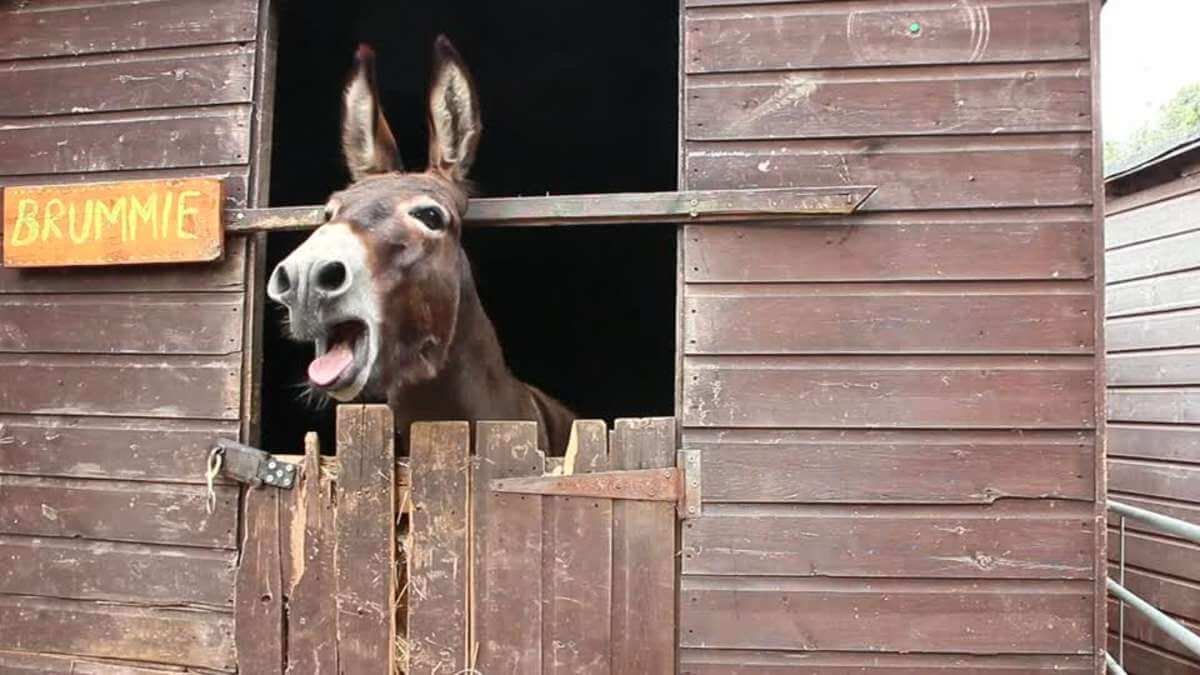Did you know China is a world leader in donkey imports? Yeah, a rather unusual category.
And to meet its demand, China is importing a lot of donkeys from Africa. But guess what, Africans aren’t happy and may soon stop parting with their donkeys.

So just why on earth China needs so many donkeys?
Donkey hide is used to make a traditional Chinese medicine known as ‘Ejiao’. Known commonly as Traditional Chinese Medicine (TCM), it is made from the gelatin extracted from a donkey’s hide. According to a report by Xinhua News, China produces 5,000 tonnes of Ejiao every year.
It is used to cure a variety of diseases such as cough and cold, anemia, and insomnia, and is especially favoured by women. It is also used as an ingredient in face creams and anti-ageing solutions.
Doesn’t China have enough donkeys at home?
For China to achieve its massive 5,000-tonne production goal, it needs an estimated 4 million donkeys annually. Currently, China can supply just around 1.8 million donkeys.
According to a CNN report, the number of donkeys in China fell from 11 million to six million in the last 20 years.
This decline is attributed to several factors such as increase in demand for donkey hide, low fertility and long gestation period of donkeys and increasing occupational shift from traditional agriculture towards advanced industry within China (corroborated by the country’s revised economic policies)

buying
Niger and Burkina Faso export. Kenya and South Africa are new entrants to the trade.
But now African may stop exporting its donkeys
Niger, which exported 80,000 donkeys in 2016, has banned donkey exports to China since the exorbitantly high demand is allegedly causing a ‘decimation’ of the donkey population there. So has Burkina Faso.
The countries feel that it is unfair to deplete a resource and deny their own populations its benefits, just to fulfill exports.

There are other reasons too:
- The sudden increase in exports has pushed the prices of donkeys from $34 to $147, making it difficult for farmers to buy. Not just that, prices of other animals has increased too
- There is a new black market for donkeys now. Cases of theft and cruelty towards the animal have been reported.
- The growing number of abattoirs across African countries such as Burkina Faso has generated backlash from environmentalists and locals, amid reports of blood and offal getting mixed with water

However, there is a fallout of this ban too. Just like China relies on Africa for donkeys, Africa in turn relies on China for valuable foreign exchange. Increasing trade connections with China also mean Chinese investment, which majorly fuels infrastructural spending in Africa.
As of now, other African nations are considering whether to follow the examples of Niger Burkina Faso. And well, Chnina must be hunting for potential sellers.
Feature Image Source: Pixabay

















